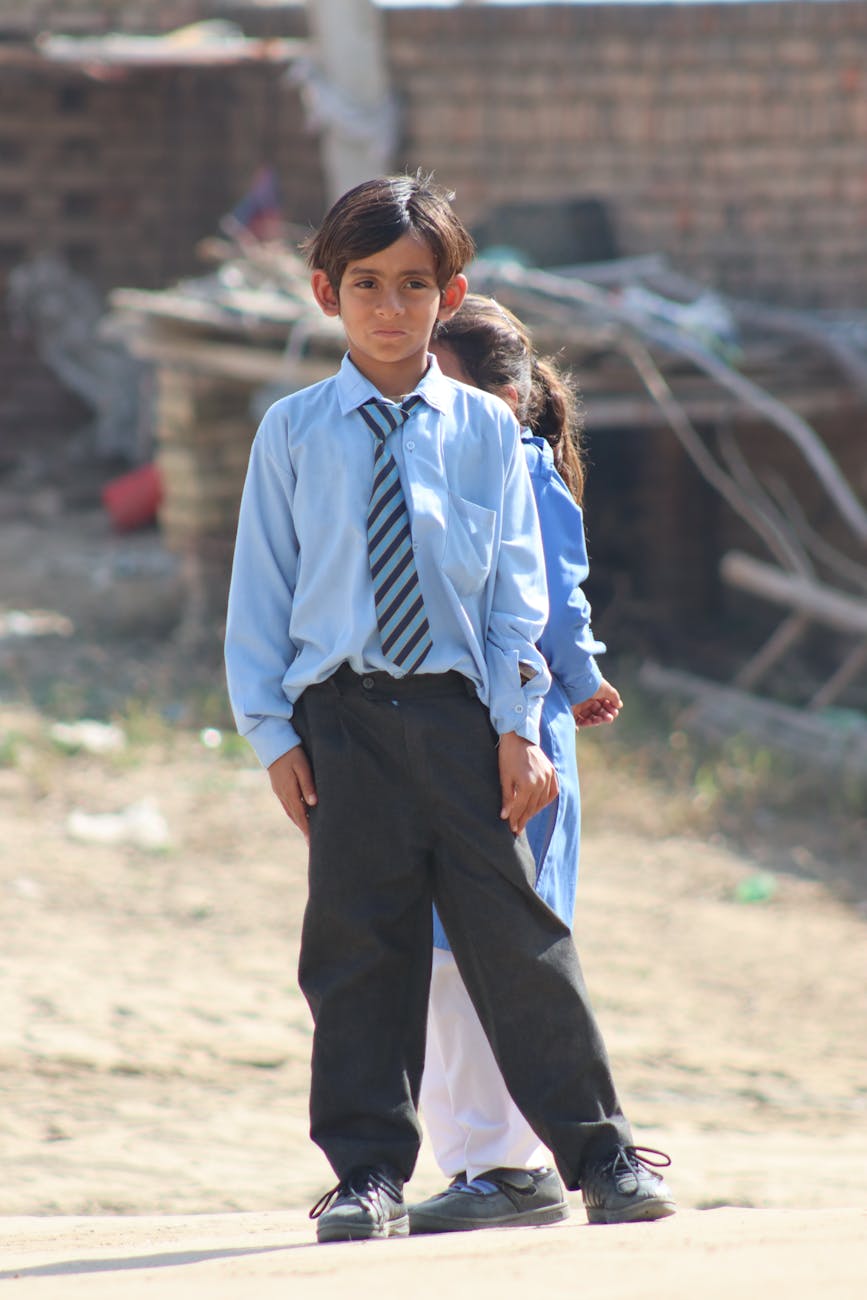The Impact of Outdoor Education on Children's Development

Exploring Nature's Classroom
Outdoor education has been gaining popularity for its positive impact on children's development. When children engage in outdoor activities, they not only learn vital skills but also experience various benefits that contribute to their overall well-being.
Physical Health Benefits
One of the primary benefits of outdoor education is the improvement of children's physical health. By spending time outdoors, children engage in physical activities such as hiking, climbing, and playing sports, which helps them stay active and develop their motor skills.
Emotional Well-being
Spending time in nature has been linked to improved emotional well-being in children. The peaceful and serene environment of outdoor settings can help reduce stress, anxiety, and feelings of depression, leading to a more positive outlook on life.
Social Skills Development
Outdoor education also plays a crucial role in enhancing children's social skills. When children participate in group activities outdoors, they learn how to communicate effectively, collaborate with others, and solve problems as a team, fostering important social skills that are essential for their future success.
Academic Performance
Research has shown that outdoor education can positively impact children's academic performance. By engaging in hands-on learning experiences outdoors, children are more likely to retain information, stay focused, and develop a sense of curiosity and creativity that can benefit them in the classroom.
Conclusion
Overall, outdoor education provides numerous benefits for children's development, including physical health improvements, emotional well-being, social skills development, and enhanced academic performance. By incorporating outdoor activities into educational curricula, we can help children thrive and grow in all areas of their lives.





